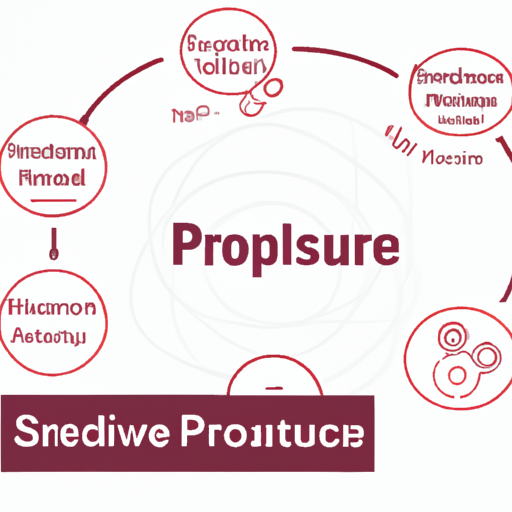

Special purpose production refers to the manufacturing process of creating products that are designed for a specific purpose or application. These products are typically made in smaller quantities and are often customized to meet the unique needs of a particular industry or customer. The mainstream special purpose production process involves several key steps that ensure the quality and efficiency of the final product.

Once the design is finalized, the next step is to procure the necessary materials and components. Special purpose products often require specialized materials that are not readily available on the market. Manufacturers must work with suppliers to source these materials and ensure that they meet the quality standards required for the final product.
After the materials are procured, the manufacturing process can begin. This typically involves a combination of manual labor and automated machinery to assemble the product. Special purpose products may require custom tooling and fixtures to ensure that each component is manufactured to the exact specifications.
Quality control is a critical aspect of the special purpose production process. Manufacturers must conduct rigorous testing and inspection to ensure that the product meets the required standards. This may involve testing the product under various conditions, such as temperature, pressure, and vibration, to ensure its durability and reliability.
Once the product has been manufactured and tested, it is ready for delivery to the customer. Manufacturers must carefully package the product to ensure that it arrives in good condition. This may involve using specialized packaging materials and techniques to protect the product during shipping.
In addition to the production process, manufacturers must also consider the ongoing maintenance and support of special purpose products. This may involve providing training to customers on how to use the product effectively, as well as offering repair and replacement services as needed.
Overall, the mainstream special purpose production process involves a combination of design, procurement, manufacturing, quality control, and customer support. By following these steps carefully, manufacturers can ensure that they deliver high-quality products that meet the unique needs of their customers.
Special purpose production refers to the manufacturing process of creating products that are designed for a specific purpose or application. These products are typically made in smaller quantities and are often customized to meet the unique needs of a particular industry or customer. The mainstream special purpose production process involves several key steps that ensure the quality and efficiency of the final product.

Once the design is finalized, the next step is to procure the necessary materials and components. Special purpose products often require specialized materials that are not readily available on the market. Manufacturers must work with suppliers to source these materials and ensure that they meet the quality standards required for the final product.
After the materials are procured, the manufacturing process can begin. This typically involves a combination of manual labor and automated machinery to assemble the product. Special purpose products may require custom tooling and fixtures to ensure that each component is manufactured to the exact specifications.
Quality control is a critical aspect of the special purpose production process. Manufacturers must conduct rigorous testing and inspection to ensure that the product meets the required standards. This may involve testing the product under various conditions, such as temperature, pressure, and vibration, to ensure its durability and reliability.
Once the product has been manufactured and tested, it is ready for delivery to the customer. Manufacturers must carefully package the product to ensure that it arrives in good condition. This may involve using specialized packaging materials and techniques to protect the product during shipping.
In addition to the production process, manufacturers must also consider the ongoing maintenance and support of special purpose products. This may involve providing training to customers on how to use the product effectively, as well as offering repair and replacement services as needed.
Overall, the mainstream special purpose production process involves a combination of design, procurement, manufacturing, quality control, and customer support. By following these steps carefully, manufacturers can ensure that they deliver high-quality products that meet the unique needs of their customers.